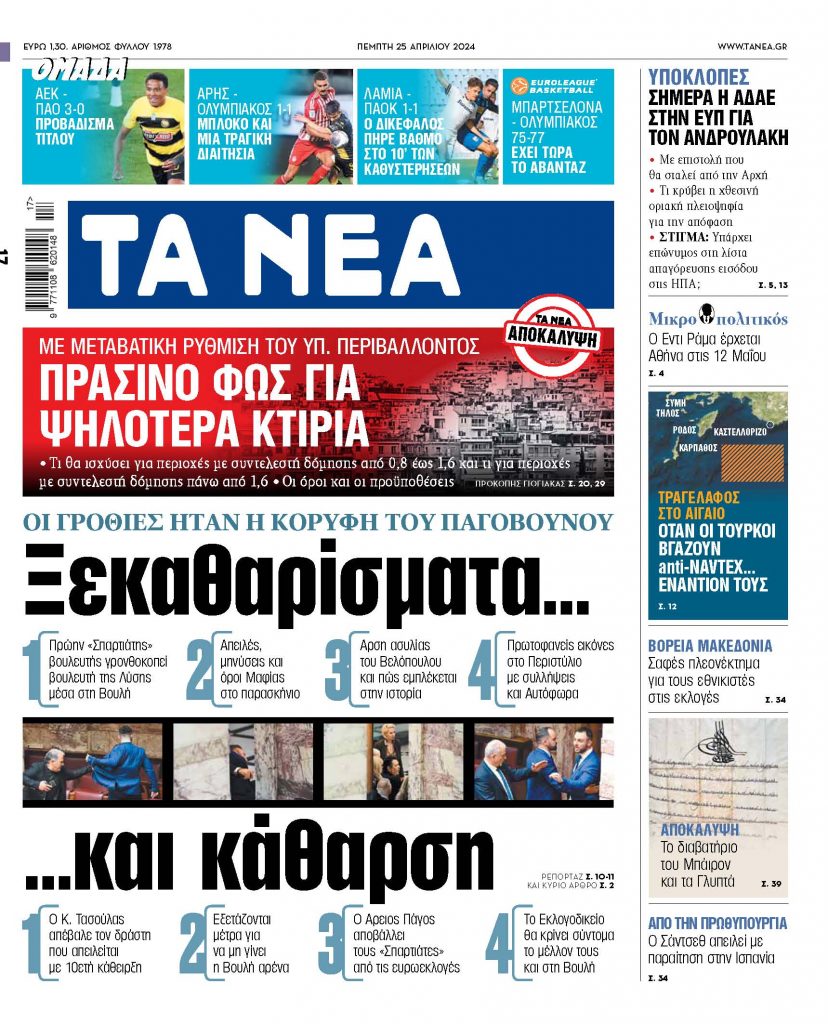The health ministry has announced that a spike in COVID-19 is expected after schools re-open on 13 September and outlined details of the procedures to be followed.
The government has for months expressed its determination to keep schools open, and it has been decided that if incidents of COVID-19 are discovered in a particular class, the infected student/s will be isolated and sent home and the remaining students will be tested regularly, so that entire classes will not be forced to shut down as they did last year.
The issue was addressed at the weekly health ministry briefing by Athens University Professor of Paediatrics and Infectious Diseases Vana Papavangelou, a member of the National Committee on COVID -19, who outlined the final procedures for the re-opening of schools so that entire classes or a school in general will not have to shut down entirely.
The method of contact tracing so as to monitor transmission in the school environment is a key element of the plan.
“Today, the philosophy [approach] entirely different. Vaccination is a bulwark that permits in-person operation of our schools, while self-tests help reduce transmission of the virus within schools and in the community,” she said.
The key for the safe operation of schools is regular self-tests for unvaccinated students.
‘Expected rise in the number of cases not alarming’
Papaevangelou said that the expected hike in the number of confirmed cases in the coming weeks should not alarm parents as students will be required to have self-tests. She noted, however, that social distancing and precautionary measures such as the use of masks will be enforced.
She cited a new study that found that the use of masks combined with diagnostic testing drastically reduces transmission and permits the safe operation of schools.
Vaccination of adolescents
Regarding the vaccination of adolescents, Papaevangelou said that 25 percent of senior high school students [lykeio] have received the first dose of the vaccine, while only 13 percent of junior high school [gymnasio] students have been vaccinated.
Vaccination for youngsters over the age of 12 is permitted in Greece, but the rate of vaccination remains very low.

